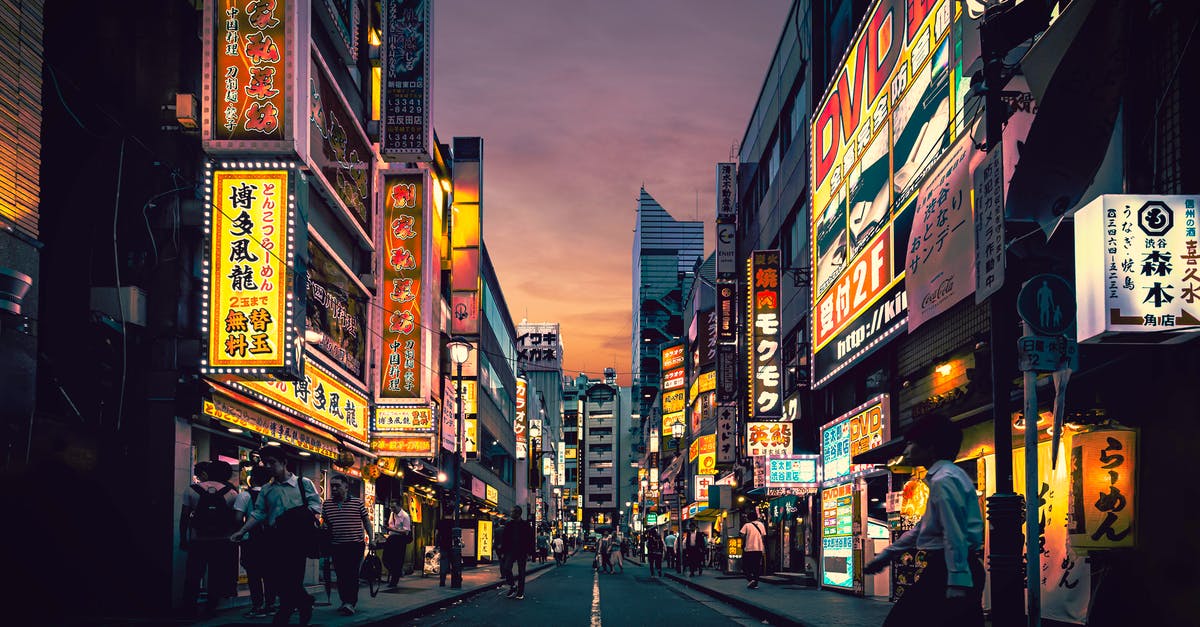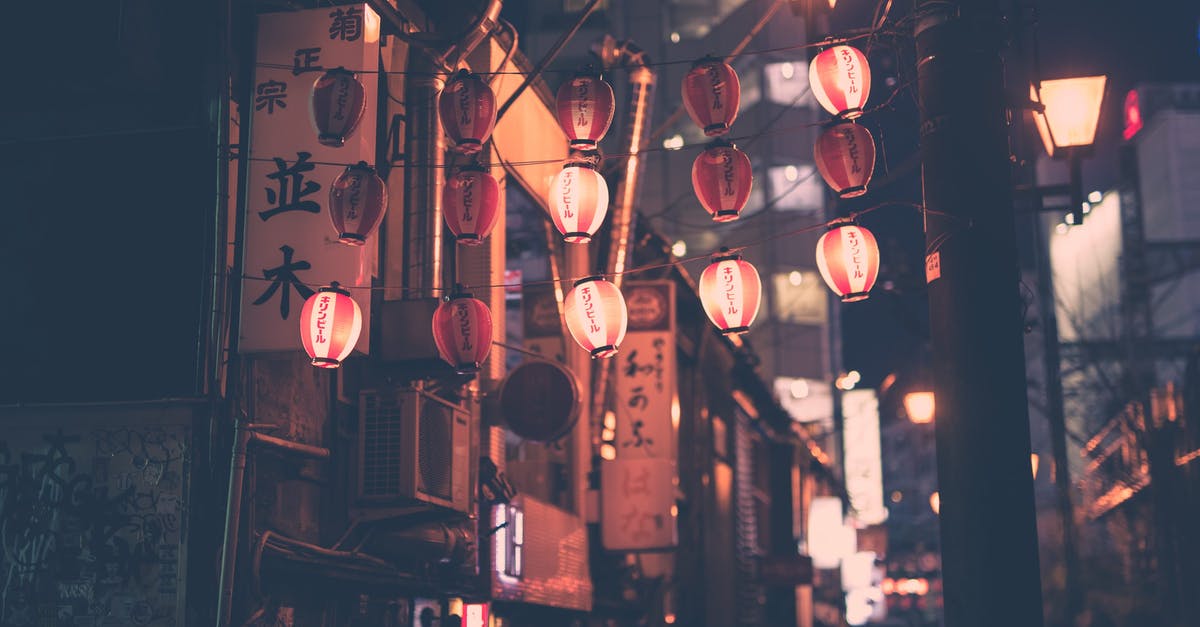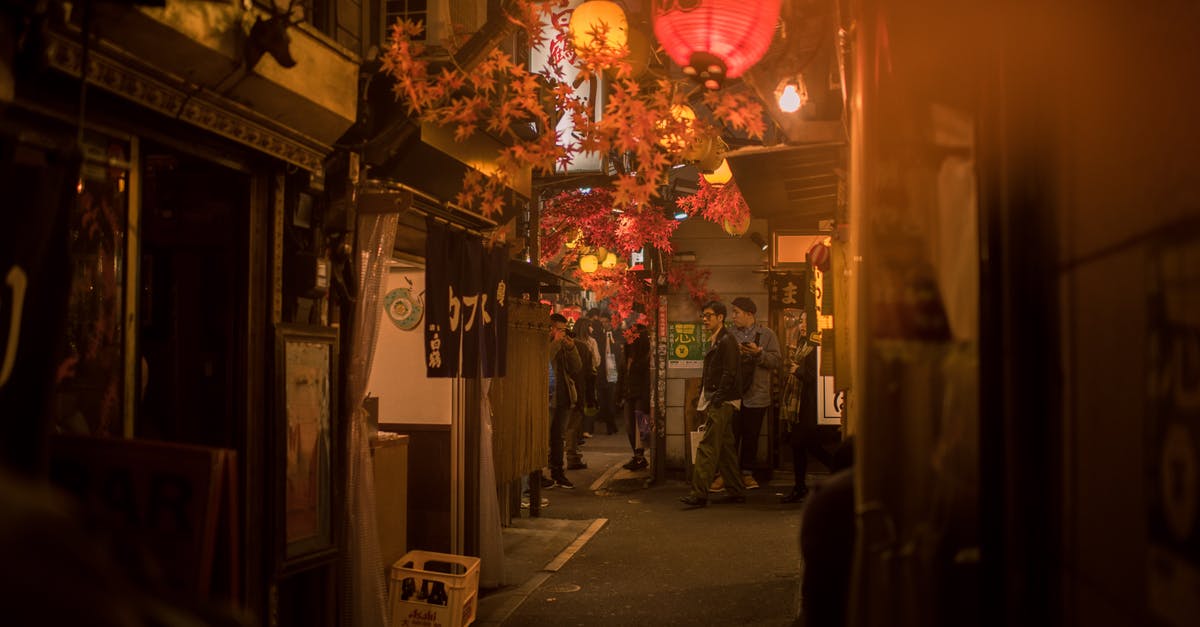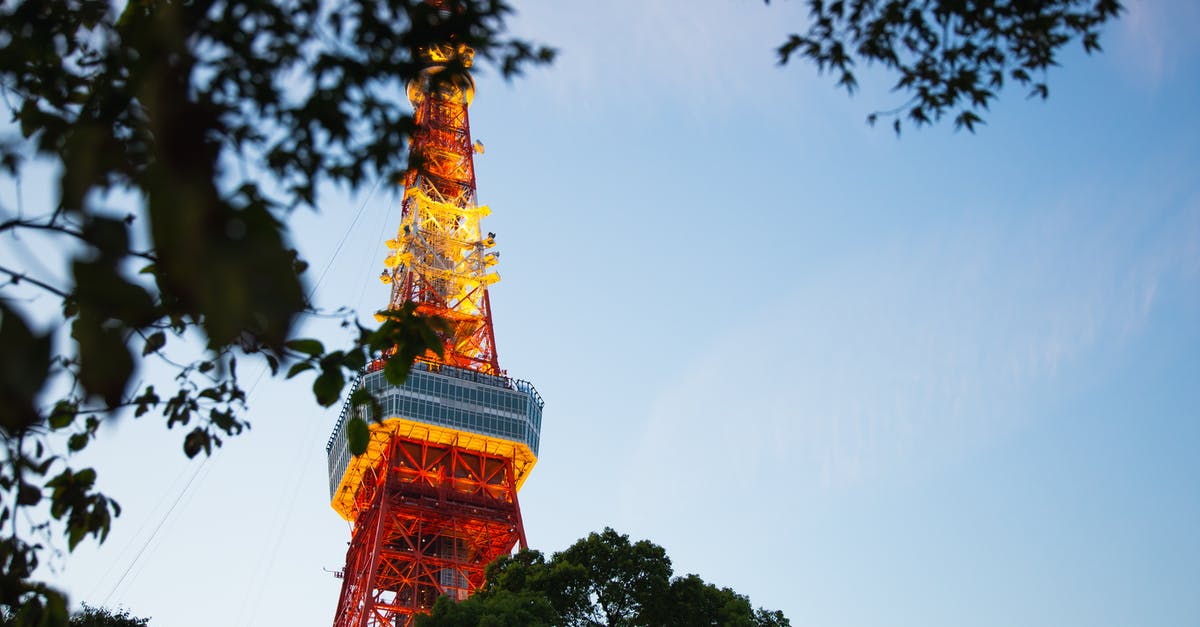Communicating in Tokyo without Japanese

I'm going to Japan soon. (Like my previous question.) And I'm going to Tokyo.
I'm not at all good at communicating in Japanese. A beginner, not even able to use it for basic purpose.
How can I communicate? e.g. if I use a pronounceable phone app, will it be rude? Or, can I use English? (We all know Japanese katakana is very different from English.)
Best Answer
In this I can only give my own experience but I think it is telling enough.
I have traveled in Japan for most of a month in 1994, with no Japanese at all and traveling by train and hostels, using English as my native Dutch is not understood there at all. I had arranged my first week with a short tour Tokyo/Kyoto, but did the rest without any reservations made from home.
It was only when going off of the tourist routes that I met one hostel where the people picking up the phone did not understand enough English to get a reservation, a tourist information office made that call and reservation for me.
Upon arriving at the hostel it turned out the landlady spoke 6 words of English: Yes, No, Bed, Bath, Dinner and Toilet. But she used those words very efficiently and when she had to convey more involved concepts she asked one of the other guests to translate. There was one other guest each day I was there, so limited choice, but the stay was pleasant and successful. And that was the worst language situation I met.
I have not been in any shop, restaurant, museum, station booking office, train or underground station where there was not enough English with the staff and in the signs for me to be able to find my way and get my things. My Japanese is restricted to 'Arigato' (not even sure of spelling) which I am told is the shortest way to say thanks and still be polite.
I am sure English is more widely spoken by now, with so many more years of young Japanese people learning it in school and so many more years of tourists coming to see the country.
In Tokyo it was not a problem back then, not at all, although you did find quite a few people who did not speak English and a lot of the rest was not sure about their ability to use English and might have avoided using it rather than losing face using it poorly. By now many of those people will be used to using their English much more. There will still be people who do not speak English, but not enough to stop you from finding your way around.
Added after reading the answer by the person living in Tokyo:
My experience was a tourist, doing touristy things, getting food in restaurants with plastic models of food in the few cases I did not get an English language menu and going to shops where tourists were common. If you need to communicate with people who do not interact with tourists often I appreciate you will need more Japanese.
Pictures about "Communicating in Tokyo without Japanese"



Can I go to Tokyo without speaking Japanese?
Do you need to speak any Japanese to travel around Japan? Absolutely not. You can travel to Japan without learning any of these words and have a great time.How can I get a job in Tokyo without speaking Japanese?
Jobs for non-Japanese speakersCan you go to Tokyo only speaking English?
If you are traveling to major cities with many tourists like Tokyo, Osaka, and Kyoto, and are visiting major tourist spots, you don't need to worry because some people speak good English.How Difficult is Travelling Japan without Japanese? | Travel Tips
More answers regarding communicating in Tokyo without Japanese
Answer 2
Partly depends on where you are going. In the bigger cities, at hotels, large department stores, bigger restaurants you may be able to get by just fine with English (though learning some basic Japanese - Hello, Thank You, How Much, How Are You, etc never hurts)
In rural Japan you may have difficulty, especially with older Japanese shop owners, innkeepers or restaurant staff.
Answer 3
A small hint that I don't see in the other answers is that some fraction of the locals will be willing to write English for you but won't try to speak it.
I suppose that they are embarrassed, but given the atrocious state of my Japanese I don't see how they had anything to be worried about. Still, some of them seemed to care.
I made it a habit to always carry a small pad and a pen or pencil. I only needed it a few times but it was very handy on those occasions. Think about an almost deserted railway platform in a small city at 03:15. There was exactly one employee in sight and she was unwilling to speak English with me. Her handwriting, however was clear and her written English more than sufficient to the task.
Mind you, I got more millage out of the 70-100 words of Japanese I had than I did out of the pad.
I'll echo the other respondents that a few words in common goes a long way, if they are the right words.
I logged a total of about seven months in Japan over a series of 3-5 week stays on business between 2006 and 2009. Call it twenty travel days without one of our hosts for support.
Answer 4
Caveat: I've studied Japanese at the college level twice--when I was in my early 20s, and again when I was almost 40, for about 2 years each time. I finally made it to Japan in 2007.
My reading knowledge allowed me to do a few things easier, make my way in train stations (but the big ones have English signs too), fill out a seat reservation form for the Shinkansen with the help of a dictionary, etc. I'm very uncomfortable trying to speak or understand spoken Japanese.
Once, when I was trying to find a train platform, I geared up to ask an attendant. I asked my question in Japanese, he replied but I didn't understand him. I asked again thinking that I'd gotten something wrong and he replied again. Seeing my confused face, he said in English, "Where are you going?"
At a museum, I asked a young couple if they would take my picture with my camera in Japanese. They immediately replied in English.
I also had several middle-aged or older people help me out when I must have looked confused and direct me to the correct train or to a museum. Or just talk to me because they'd known other English speakers.
On the other hand, at a small museum dedicated to kumihimo (braiding), because I spoke a little Japanese, an attendant took me all around and explained everything in Japanese. I said things like, "Soo desu ka? Kirei desu nee!" which is "Really? So pretty!" and didn't understand anything she was telling me, unfortunately.
Overall, I don't think you should worry about getting around in Tokyo with limited Japanese.
Answer 5
I cannot give specifics because of my bad memory, but in 2011 I made two one-week trips to Japan (Tokyo, Kyoto, Hiroshima, and a few places in between). I don't recall a single issue neither with food nor lodging nor transportation (although, admittedly, I'm kind of a loner). I don't know a single word in Japanese.
Answer 6
I was in Tokyo for 10 days in 2007, used the public transportation to go around, I went for one day to the Fuji and one day for Kamakura. I had great difficulties to get things done. The only person who spoken good English was at the reception of my hostel in Tokyo. Otherwise, even the young ladies at the Tourist Information point at a big metro station failed completely. Somehow I worked out the situations, but sometimes it was difficult to solve even basic problems. The Lonely Planet (Tokyo) book was a great help.
Answer 7
Summer 1990, a week in Tokyo. Palace tour guide: excellent English. Proprietor of small hotel in the Japanese Inn Group (which was at that time making special offers to foreign tourists), limited English. At a restaurant where we were befuddled by the buy-a-ticket from the machine and give to the cook system, one high school student with perfect English, which, typically I guess, he insisted was not very good. Everybody else: no English at all. Went into a short order restaurant, the cook looked terrified, found the English menu with pictures under a counter somewhere.
Didn't really matter, though.
Sources: Stack Exchange - This article follows the attribution requirements of Stack Exchange and is licensed under CC BY-SA 3.0.
Images: Aleksandar Pasaric, Janko Ferlic, Satoshi Hirayama, Ryutaro Tsukata
